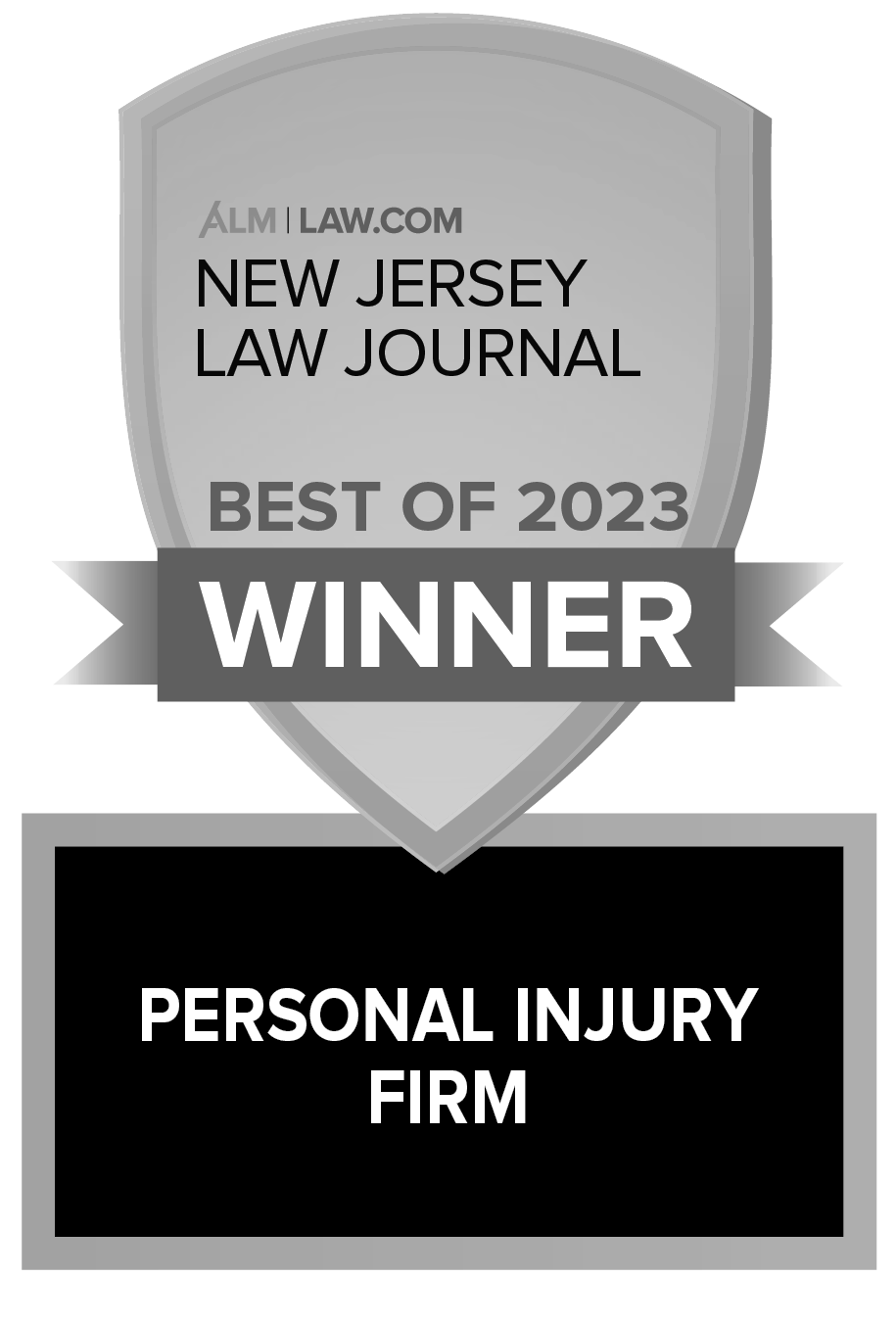What Is a New Jersey Medical Malpractice Case?
To determine if a potential New Jersey medical malpractice case has merit, Blume Forte suggests a prospective plaintiff ask these questions:
- Have I or a member of my family suffered a severe, permanent injury while under the care of a physician or medical facility?
- If so, was this injury more severe or devastating than would be expected from the original medical condition or trauma?
- Has it come to my attention, perhaps through another physician, that the treatment received was inappropriate, or that the outcome was unusual.
- Do I have strong doubts about the competency of a physician, or the appropriateness of the care received?
- Have I been kept in the dark about a medical situation?
- Has my insurance company questioned the appropriateness of specific procedures, tests or diagnoses?
- Do I have concerns that a medical device may have seriously affected my health?
If the answer to any of these questions is yes, contact Blume Forte to review your medical records. Our NJ medical malpractice attorneys can then determine whether there is a basis for a malpractice claim at no cost to you.
There are, however, situations that do exist where malpractice or medical negligence in New Jersey has been committed by a physician, dentist, nurse or other health care provider. In such situations, the services of a law firm experienced in the handling of medical malpractice cases is the only way in which a victim may expect to have a chance to recover money damages for his or her injuries. Physicians and their insurance companies never attempt to settle malpractice claims voluntarily before the injured party has obtained the services of an attorney.
There are several reasons for this. Medical malpractice insurance policies, as distinguished from most liability insurance policies, contain a provision that the physician must consent to any settlement. Often a physician who has been guilty of medical malpractice, out of a misguided sense of pride in his ability, will not admit even to himself that he might have been wrong in the manner in which he rendered treatment or advice to a patient let alone report the incident to his insurance company so it could attempt a settlement. Physicians and their insurance companies know that in order to be successful in almost all medical malpractice claims, the injured party or plaintiff must have expert testimony indicating that there was medical malpractice by a qualified physician with the same specialty as that of the physician who committed the malpractice. Although such testimony is not as hard to obtain as it has been in the past, there is still a reluctance on the part of physicians to testify against their fellow practitioners and it is most often necessary to obtain the required expert testimony from physicians who practice in other states. To be effective, however, such physicians must be highly qualified, usually with medical school affiliations. Physicians willing to testify are not only hard to find, but usually charge very highly for their services.
In actual practice, most New Jersey medical malpractice claims which go through a full trial are lost by plaintiffs. Only 20% or fewer result in verdicts for the plaintiffs. This poor ratio on behalf of plaintiffs may be attributed to several causes, such as the fact that many of the cases being tried should not have been brought because they are of questionable merit, the skill or lack of skill of the attorneys involved, and the natural reluctance of juries to render verdicts in favor of plaintiffs against physicians either because of the mystique that surrounds practitioners of the healing arts or fear that verdicts in favor of victimized patients would result in higher medical costs.
From the point of view of the trial lawyer, medical malpractice cases are probably the most difficult to pursue. Not only are they bitterly contested, but the litigants become personally involved. The patient because he feels let down or betrayed by the physician in whom he placed not only his trust but his body, and the physician who regards a medical malpractice claim as a challenge to his integrity and skill as a healing artist.
The subject matter of these suits is medicine, which has at least 25 recognized specialties which require, in addition to medical school training, internships and residencies of four to six years. No attorney, no matter how knowledgeable in medical matters, can possibly match the knowledge of the defendant physician and his expert witnesses. This means the proper preparation of any medical malpractice case on the part of a plaintiff requires extensive help from physicians, medical researchers, medical illustrators and the like, all of which are readily available to the defense, usually with minimal or no charge. The actual out-of-pocket costs required to pursue even the simplest, if there is any such thing, of medical malpractice cases can range from $10,000 to $50,000 and more.
Minute and complete examination of hundreds of pages of hospital and other records is often required to detect where the medical care provider has gone astray in his professional obligation to the patient. Although there are certain situations that even a lay person can see as probably malpractice, such as operating on the wrong limb, leaving an instrument in a person’s body, or failing to see an obvious tumor on an X-ray, most medical malpractice claims require careful evaluation by competent medical experts to determine whether, in fact, malpractice was committed or was there merely a bad result which occurred which was not the fault of the health care provider.
It is obvious that the key to bringing a successful medical malpractice claim is in the choice of law firms representing the injured party. To have a reasonable chance for success, the lawyer chosen by the injured party must have certain qualifications:
- Experienced in handling New Jersey hospital malpractice and medical malpractice matters.
- Adequate support staff. At Blume Forte, we have one physician, and three Registered Nurses, one of whom is an attorney, and a full time reference librarian, all on our medical malpractice team.
- Substantial financial resources to be able to advance the funds necessary to pursue the matter. Demonstrated skill by actual success in court so that the insurance company will be aware of the firm’s ability which is a great stimulation to settle.
- The ability to expend all necessary resources of money, personnel and time to properly prepare the matter.
- Overall, the firm must be dedicated.













